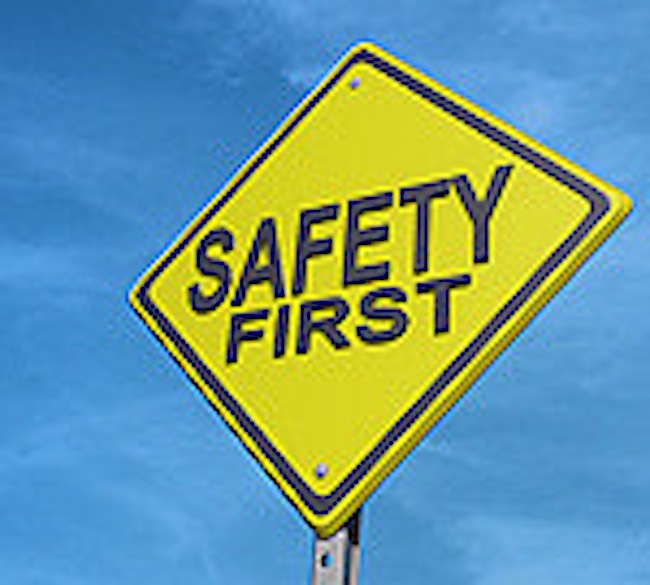Accidents kill more people in Liberia than malaria. These were the words of Sam Collins, police spokesperson.
While Collins did not give any figures to support his claim, and his statement is likely false, he’s closer to the truth. The World Health Organization published a report in 2015 that named road accidents as the leading cause of death among 15 to 19-year-olds globally. In African countries like Kenya, Ethiopia, South Africa, and Sudan, the report said traffic accidents kill more people than malaria.
For Liberia WHO estimates that 1,448 deaths occurred as a result of traffic accidents. The estimates account for the fact that not all accidents are reported to the police.
Collins’ statement was in line with recent comments by leaders of the Liberia National Police to raise the alarm over the staggering increase in recorded deaths caused by road accidents for the first quarter of 2017.
Inspector General Gregory Coleman has said that there were 67 deaths from January to March of this year, almost double the 34 deaths recorded in the same period in 2016.
The police attribute this problem to the lack of driver education, inexperienced drivers, drunk driving, bad road conditions, and vehicles that are not roadworthy. In response, they have announced that a “vigorous vehicle inspection program,†beginning on April 24.
In the past, this has meant that police will set up check points along major roads to ensure that drivers have the correct documents for their vehicles – proof of registration and insurance, and a driver’s license.
But there’s a problem with this approach. For one, it isn’t done continuously. The police only do this for a limited period, and for good reasons too – the effect on already congested roads is significant.
Two, all the police checks do is to verify that drivers went to the Ministry of Transport and paid money to acquire documents. Police don’t actually inspect the vehicles – and they don’t have the time to do it. You can’t expect police to ensure that seatbelts, brakes, and airbags are functioning properly in a 5-10 minute stop.
But it is important to inspect vehicles if the police are saying that vehicles that are not roadworthy are contributing to accidents. If the normal inspection by the roadside is the only step taken by government officials to tackle the accident epidemic, it’ll amount to little more than lip service.
This is an excellent opportunity for the government to take meaningful actions to save Liberian lives. In order to do that, the Ministry of Transport must start enforcing Liberia’s stringent vehicle and traffic laws and ensure that it inspects vehicles before providing registration documents. At the moment, the ministry does not even visibly observe vehicles before giving drivers the permission to put them on the roads.
This also presents a chance for the government to support the private sector and boost job creation. After all, the Transport Ministry by itself lacks the capacity at the moment to inspect all vehicles that it registers.
What the ministry can do – and something that is done in many places across the world including the U.S. state of Virginia – is to work with private companies (like mechanic shops) that it selects based on their competency to work with minimal levels of corruption. Those companies can inspect vehicles on behalf of the ministry before the vehicles are allowed to be driven on public roads.
Of course, there are more quick impact actions that can be taken to achieve immediate results. For example, eliminating the practice of taxi drivers placing multiple persons in one seat can increase the chances of survival during an accident, especially when seatbelts are worn.
Additionally, the police already have checkpoints set up at night and routinely stop potentially drunk drivers. Equipping these officers with relatively cheap breathalyzers to provide verifiable proof of drunk driving would go a long way.
Deaths on Liberia’s roadways are an epidemic, therefore, it is important that the government gives it the seriousness we give other epidemics.
Featured photo courtesy of Safety First Signs



